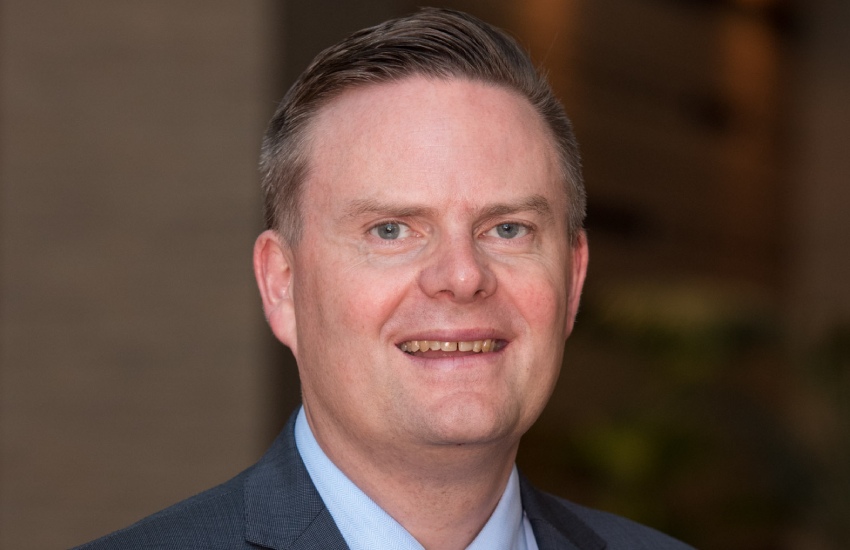The new Serious Financial Crime Identikit aims to help the public identify warning signs and behaviours associated with serious financial crime by identifying 10 personas including the hardcore criminal, the enabler and the tax fraud.
Special emphasis has been placed on white-collar professionals such as accountants, lawyers and bankers due to their ability in using their skills, structures and networks to help facilitate serious financial crime.
You’re out of free articles for this month
According to the SFCT, behaviours of such professional enablers include an accountant who runs two sets of books or provides illegal advice to clients to help them evade tax, as well as a lawyer who sets up companies and tax structures to defeat tax obligations.
“Most professionals do the right thing; however, there are some who use their skills and positions to facilitate crime for their own financial gain,” said SFCT chief and ATO deputy commissioner Will Day.
“The good news is that Australia has never been better equipped to catch people who enable and conduct serious financial crimes, and our message for those who evade or cheat the tax system is that they have no place to hide.”
Professional enablers of white-collar crime are now firmly in the crosshairs of tax administrators around the world, with the Joint Chiefs of Global Tax Enforcement, known as the J5 — made up of Australia, the United Kingdom, the United States, Canada and the Netherlands — warning that it would focus on professionals who help criminals navigate and access sophisticated schemes.
“It’s always worth observing that the vast majority of accountants and tax agents and lawyers and other sorts of professionals play a really positive role in the tax system — they do make sure people understand their obligations and help them to meet those obligations,” said Mr Day last year.
“But we do see a very small percentage who have a very active role in facilitating offshore tax evasion, the phoenix arrangements, the money laundering, and tax avoidance through cryptocurrencies.
“We’ve got a particular focus over the coming years on promoters of tax crime, whether they’re located in our, one of our five countries or offshore, we’ve got a particular focus on offshore service providers, and we’ve got a particular focus on offshore financial institutions and the roles that they might play in facilitating tax crime.”
Jotham Lian
AUTHOR
Jotham Lian is the editor of Accountants Daily, the leading source of breaking news, analysis and insight for Australian accounting professionals.
Before joining the team in 2017, Jotham wrote for a range of national mastheads including the Sydney Morning Herald, and Channel NewsAsia.
You can email Jotham at: This email address is being protected from spambots. You need JavaScript enabled to view it.

 Login
Login







